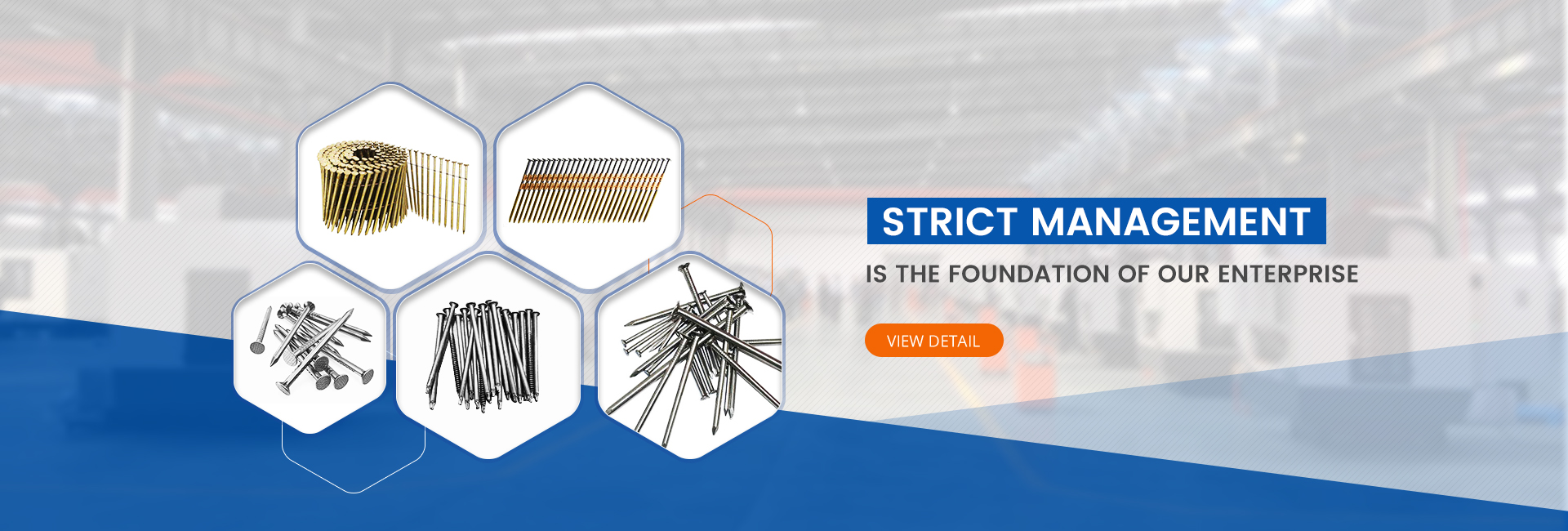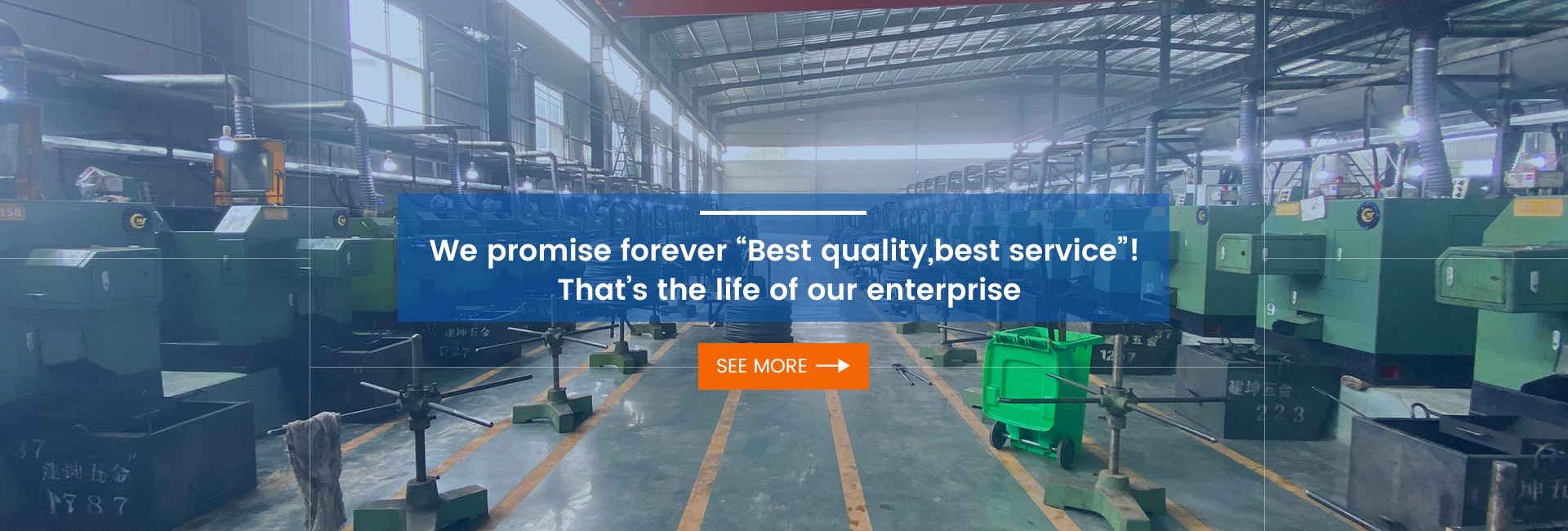In today’s competitive market, buyers are no longer looking only at price when selecting a staples supplier. Reliability, quality, and adaptability have become the defining factors that determine long-term partnerships. Staples may be small fasteners, but in industries such as packaging, furniture manufacturing, and construction, their performance directly impacts efficiency and customer satisfaction. For this reason, professional buyers carefully evaluate suppliers against several key criteria before making their decisions.
One of the most important considerations is the availability of a wide range of specifications. Buyers need staples in different crown widths, leg lengths, and finishes to meet the needs of multiple applications—from closing cartons and assembling pallets to upholstering furniture and fastening insulation boards. A supplier with a diverse product portfolio can provide one-stop solutions, saving buyers the trouble of sourcing from multiple vendors.
Stable production capacity is another critical factor. Large-scale projects, whether in e-commerce packaging or construction, require millions of staples delivered on time. Delays or inconsistent supply can lead to costly downtime and missed deadlines. Buyers therefore value suppliers who not only have the machinery and workforce to handle big orders but also demonstrate strong supply chain management to maintain uninterrupted deliveries.
Quality control standards weigh heavily in the decision-making process. Industrial staples must perform consistently under different conditions—whether securing heavy-duty packaging for export or holding upholstery in place for years of daily use. Suppliers that implement strict inspection protocols, tensile strength testing, and anti-rust surface treatments build confidence among buyers that every shipment will meet the same high standard.
For international projects, export experience is equally vital. Buyers often look for suppliers familiar with different regional requirements, such as ISO compliance, CE certifications, or industry-specific standards. A supplier with proven export experience can navigate customs, documentation, and logistics more smoothly, ensuring that goods arrive safely and in compliance with local regulations.
Ultimately, buyers seek more than just a source of staples—they look for trusted partners who can provide variety, reliability, and global support. A supplier who excels in these areas not only meets immediate needs but also strengthens long-term business relationships, allowing both sides to grow in today’s fast-paced, interconnected markets.
Post time: Sep-10-2025



